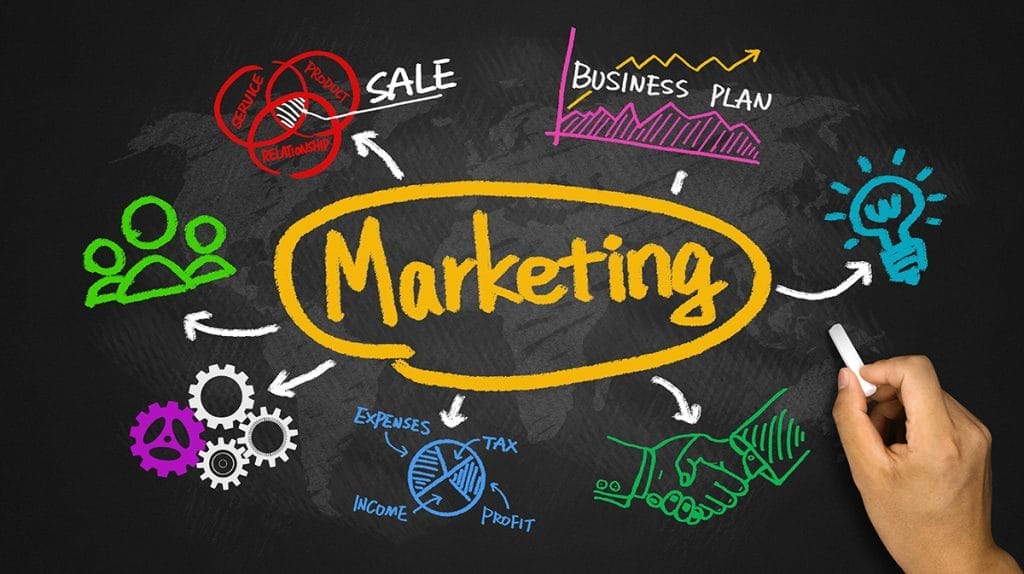An Introduction to Digital Marketing: Key Strategies and Tools
August 23, 2024 2024-08-23 9:39
An Introduction to Digital Marketing: Key Strategies and Tools
In the digital age, marketing has evolved beyond traditional methods. Digital marketing has become an essential tool for businesses to promote their products and services, reach new audiences, and build strong relationships with customers. This article explores the basics of digital marketing, its main strategies, and the tools that can help businesses succeed in the online environment.
What is Digital Marketing?
Digital marketing refers to all marketing activities conducted online. Unlike traditional marketing, which may include print ads, billboards, or TV commercials, digital marketing uses channels such as search engines, social media, emails, and websites to connect with consumers.
Key Digital Marketing Strategies
- Search Engine Optimization (SEO): SEO is the process of improving a website’s visibility on search engines like Google. By using relevant keywords, high-quality content, and technical site optimization, businesses can increase their ranking in search results, leading to more organic traffic.
- Content Marketing: Creating valuable and relevant content is essential for attracting and retaining an audience. This can include blogs, videos, infographics, and more. The goal is to provide content that solves problems, educates, or entertains, thereby building trust and loyalty among customers.
- Social Media Marketing: Social media platforms like Facebook, Instagram, Twitter, and LinkedIn allow businesses to interact directly with their audience. Through posts, paid ads, and campaigns, businesses can increase their visibility, generate engagement, and convert followers into customers.
- Pay-Per-Click Advertising (PPC): PPC is an online advertising model where advertisers pay a fee each time their ad is clicked. Google Ads is one of the most popular platforms for PPC, allowing businesses to display ads in search results and on partner sites.
- Email Marketing: Email remains one of the most effective ways to reach customers. Through newsletters, promotions, and automated campaigns, businesses can keep their audience informed and engaged while driving conversions and loyalty.
- Influencer Marketing: Collaborating with influencers on social media or within an industry can help businesses reach new audiences and gain credibility. Influencers can promote products or services through sponsored content, reviews, or mentions on their platforms.
- Affiliate Marketing: In this strategy, businesses partner with affiliates who promote their products in exchange for a commission on sales generated through their referral links. It’s an effective way to expand reach without a large upfront cost.
Digital Marketing Tools
- Google Analytics: This tool provides detailed insights into website traffic, user behavior, and conversions, allowing businesses to make data-driven decisions.
- Hootsuite: A social media management platform that enables scheduling posts, monitoring interactions, and analyzing performance across multiple social networks from one place.
- MailChimp: An email marketing tool that makes it easy to create, send, and analyze email campaigns. It offers customizable templates and automation options.
- SEMrush: A tool for SEO and content marketing that helps businesses conduct keyword research, analyze competitors, and improve their content strategy.
- Canva: An online graphic design tool that allows users to create graphics, presentations, social media posts, and more, easily and professionally.
The Importance of Digital Marketing
Digital marketing is crucial in today’s world because it allows businesses to reach a broader audience in a more efficient and measurable way. Through targeting and personalization, businesses can address specific audiences with relevant messages, increasing the chances of conversion. Additionally, analytics tools enable businesses to measure return on investment (ROI) and adjust their strategies in real time.
Conclusion
Digital marketing is a constantly evolving discipline that offers countless opportunities for businesses looking to grow and thrive in the online environment. By using the right strategies and leveraging available tools, businesses can enhance their digital presence, attract more customers, and achieve their business goals. Whether you’re just starting in digital marketing or looking to optimize your current efforts, understanding the fundamentals is the first step toward success.
Related Posts
An Introduction to Digital Marketing: Key Strategies and Tools
August 23, 2024 2024-08-23 9:39Popular Tags






























